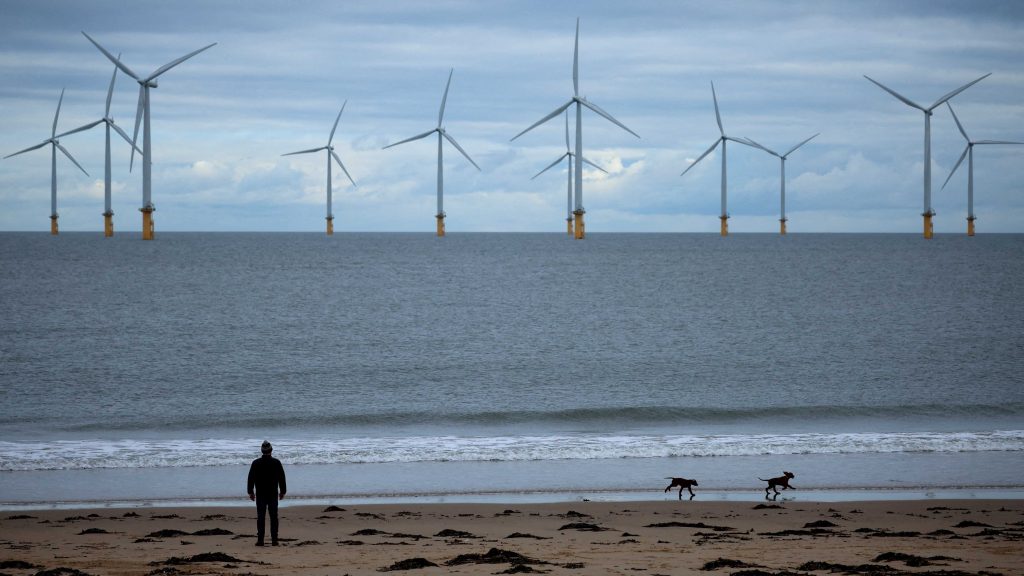British Renewable Industry Pushes New Govt To Increase Auction Budget

Britain’s renewables industry has called on the new Labour government to increase the country’s renewable auction budget by hundreds of millions of pounds to help meet its offshore wind target and wider goal to decarbonise the power grid.
Labour swept to victory in Britain’s election last week and the party has pledged to expand the country’s offshore wind capacity to 55 gigawatts (GW) by 2030, from around 15 GW now as part of wider climate goals.
“The only way for the new government to stay on track to meet their targets is to amend the (auction) budget upwards,” said Tom Glover, UK Country Chair at RWE which plans to build new British offshore wind projects.
To spur investment, renewable project developers can bid for government-backed price guarantees for the electricity produced, called Contracts for Difference (CfDs), with the budget for this year’s sixth CfD auction set at 1 billion pounds ($1.28 billion), with 800 million pounds of this earmarked for offshore wind.
“To increase investment in shovel-ready offshore wind projects this year, unlocking capital investment and lowering average household bills, the government should raise this (offshore wind pot) to 1.5 billion pounds” Nick Hibberd, markets and economics policy analyst at industry group Renewable UK said.
The fifth auction, held in 2023 failed to tract any offshore wind projects as the incentives offered were deemed too low by developers, setting back progress towards meeting the former Conservative government’s 50 GW by 2030 target.
“(This year’s auction) is the last chance to be sure which projects will get CfDs for the projects to be delivered by 2030 so we really need to maximize the potential of this auction,” said Damien Zachlod, managing director at EnBW generation UK, which has joint ventures with BP to build British offshore wind projects.
Ashutosh Padelkar, associate for GB Power & Renewables at consultancy Aurora, said the portion of auction funds dedicated to offshore wind would likely need to at least double to 1.65-1.95 billion pounds to support the 10 gigawatts of wind projects eligible to bid in the current round.
“This would need to be followed through with similar ambition in the next (seventh) allocation round to ensure industry confidence,” he said.
Britain’s department for Energy Security and Net Zero did not immediately respond to a request for comment.
(Reporting by Susanna Twidale; Editing by Susan Fenton)




